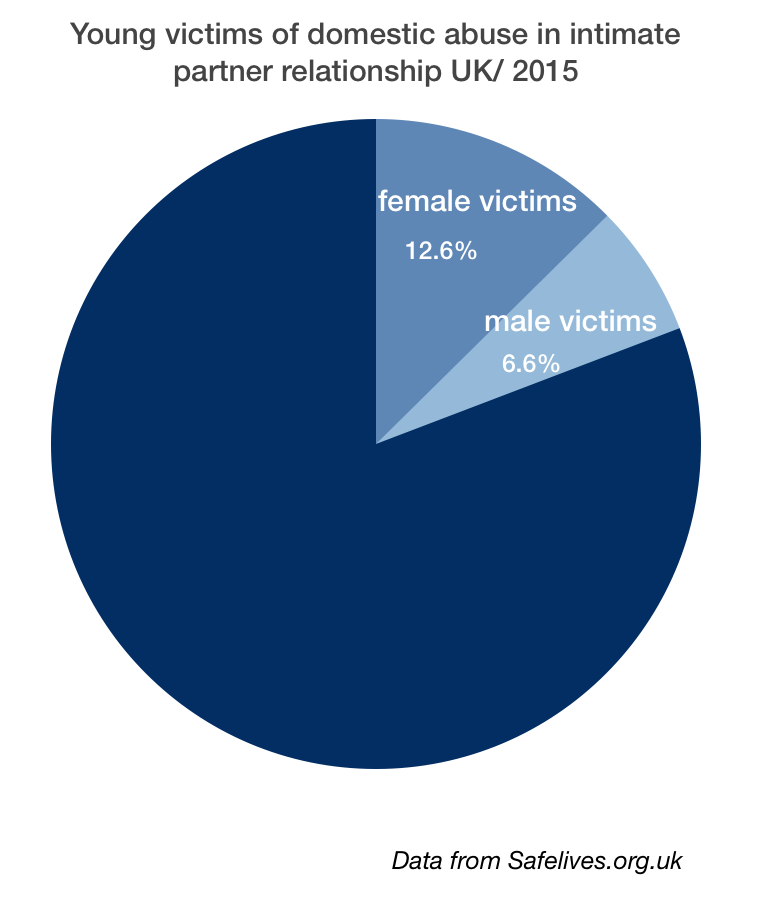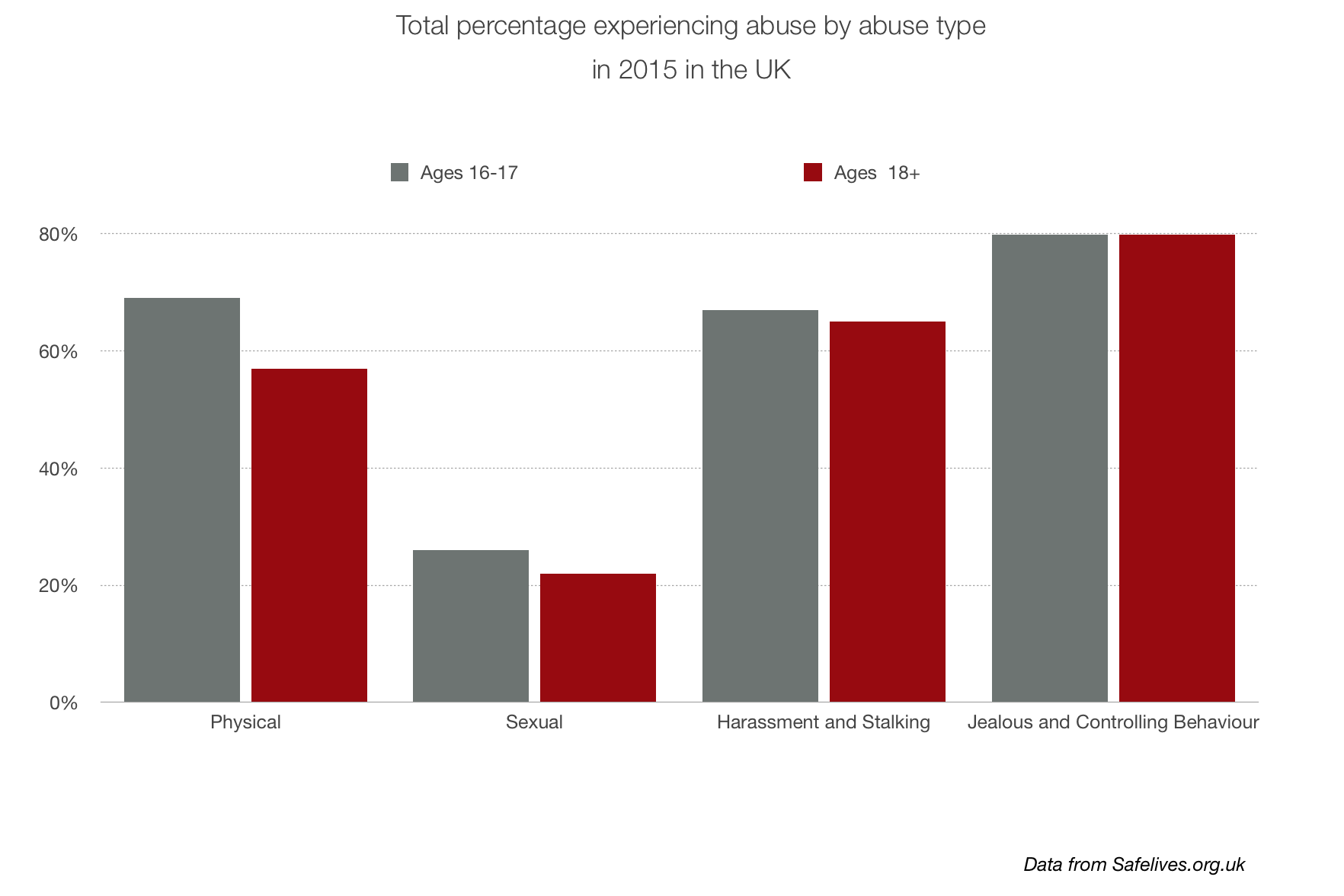A new campaign was launched by the mother of Emily Drouet, then 18, who killed herself following an abusive relationship with her boyfriend and fellow student at Aberdeen University in March 2016.
Text messages sent by the law student who killed herself in Aberdeen’s residential halls will be shared on campuses across Scotland as part of a campaign to raise awareness of #domesticviolence among young people, the Guardian reported yesterday.
Heartbreaking – texts about abusive relationship from student who killed herself #emilytest #EndVAWG #DV
https://t.co/2FbyN8y8Am— Jane Walmsley (@jwalms61) November 24, 2017
We want students to know that there is help out there for them #emilytest @NUSScotland pic.twitter.com/rmDrHmAV2a
— NCLanarkshire SA (@NCLanarkshireSA) November 24, 2017
Tragically, Emily Drouet is one of so many young people in the UK who suffer from domestic abuse in relationships. In fact, young people experience the highest rates of domestic violence of any age group, according to reports by Safe Lives.org.uk on young victims of domestic abuse in intimate partner relationships.

Young victims of domestic abuse in intimate relationships in the UK in 2015. Infographic: Lotta Behrens
The Crime Survey of England and Wales discovered that 6.6% of boys and 12.6% of girls between the ages of 16 to 19 had experienced domestic abuse in 2015.
It was the highest rate of any age group; with the second highest group being young people aged 20-24.
In addition to that, SafeLives’ data revealed that young victims experience all forms of domestic abuse; with jealousy and controlling behaviour being the most common form – however, physical abuse is not far behind, with 69% of abused people experiencing it. And, only those who indeed made use of adult services were examined and included in these statistics.
Emily, like most victims, ended up blaming herself for the abuse she endured by her boyfriend Andrew Milligan, 21, who she had met in her first year of university. According to the Guardian, the text messages that will be shared on Scotland’s campuses are messages Emily exchanged with friends in the week before her death.
“It’s my fault”
“I made him so angry”
“I deserve it”
In one message, she described how she was choked by her boyfriend, then adding:
“It scared me so much. I just can’t bear it. I know I should [do something].”
The emotional poster campaign not only raises awareness of the problem of young people blaming themselves and becoming stuck in domestically violent relationships; it also urges for university staff to receive adequate training in recognising signs of abuse and in handling recognised instances appropriately.
To ensure that university policies and procedures help in real-life situations, Fiona Drouet, Emily’s mother, has also developed the #emilytest. It asks: “Would this have helped someone in Emily’s situation?”
Words: Lotta Behrens | Subbing: Pamela Machado


